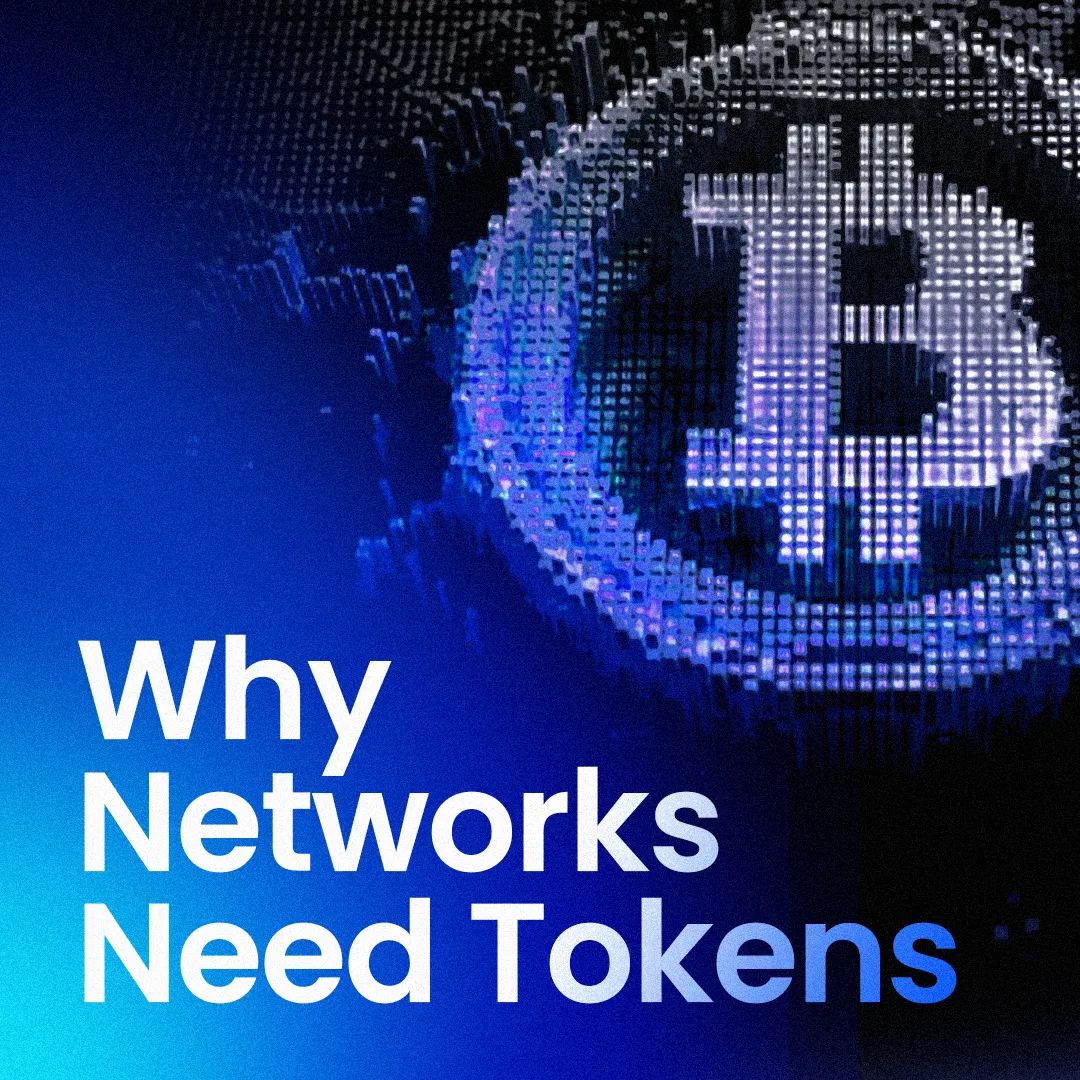Why Do Blockchain Networks Need Tokens?

Behold the wondrous marvel that is blockchain technology! It has fundamentally transformed our very conception of data storage and financial transactions. At its core, a blockchain is a decentralized ledger, that bestows upon us the power of secure and transparent record-keeping.
And what truly sets blockchain networks apart from their centralized counterparts are the digital tokens, or cryptocurrencies, that they employ. These tokens are the very lifeblood that courses through the veins of blockchain networks, enabling them to function with unprecedented efficiency and precision.
Join us on a journey as we delve into the depths of the blockchain universe and uncover the reasons why these networks simply cannot do without their beloved tokens.
It’s a Medium of Exchange
Tokens, those magical little creatures, have a purpose that goes beyond mere adornment. They serve as the life force that powers the exchange of goods and services within the blockchain network. With a simple flick of the wrist, they can transfer value between individuals, and pay for transactions with ease.
Take, for instance, the granddaddy of them all, Bitcoin, whose very existence is the very embodiment of digital currency. It allows us to send and receive payments with ease, all within the secure confines of the Bitcoin blockchain. And let us not forget Ethereum, whose Ether tokens have the power to pay for transactions, all the while keeping the network ticking over like a well-oiled machine.
Tokens, in essence, are the very blood that flows through the veins of the blockchain network, making transactions and value exchange smooth. Just like traditional currencies enable value exchange in the real world, tokens do the same in the world of Web3.
It Incentivizes Network Participation
Tokens act as a magnetic force that attracts network participants towards contributing their resources to the network. Within the realm of blockchain networks, tokens act as the reward that motivates users to offer their computing power, storage space, or other essential resources. This potent incentive mechanism serves to bolster the network’s security, stability, and longevity.
For instance, in the case of Bitcoin, miners receive freshly minted Bitcoins as a reward for solving intricate mathematical puzzles and adding new blocks to the blockchain. Such rewards not only enrich the miners but also bolster the overall health of the Bitcoin ecosystem.
It Governs the Network
Tokens serve as the glue that holds a decentralized blockchain network together. Since there is no central authority to govern the network, tokens step in to act as the ultimate decision-making mechanism.
Through a process known as on-chain governance, network participants wield their tokens to make critical decisions regarding the network’s future direction. By voting on proposals that seek to modify the network, token holders play a pivotal role in shaping the network’s destiny.
Take the MakerDAO network, for instance, where the MKR token plays a crucial role in governing the issuance of new stablecoins, providing token holders with an active voice in the network’s decision-making process.
They’re Assets on the Blockchain
Tokens are the gateway to digitizing and trading assets on the blockchain. This revolutionary concept, known as tokenization, makes it possible to create digital assets that can be easily traded and tracked on the blockchain. For instance, tokenizing real estate assets allows for fractional ownership, creating new avenues for liquidity and reducing transaction costs. This brings greater accessibility and democratization to an asset class that was once reserved for the elite few.
Moreover, tokenization can extend to other assets such as stocks, bonds, and commodities, allowing for the creation of new investment opportunities and financial instruments. The possibilities are endless, and the future of asset tokenization holds enormous potential for transforming the way we view and interact with traditional assets.
Tokens are the lifeblood that flows through the veins of blockchain networks. They serve as the foundation upon which the network’s value proposition rests. Tokens empower network participants by facilitating the seamless exchange of value, incentivizing contributions to the network, enabling on-chain governance, and representing various assets on the blockchain. Without tokens, the very fabric of blockchain networks would unravel, leading to a dysfunctional and unsustainable ecosystem. As blockchain technology continues to evolve, the possibilities for tokens are endless. From powering decentralized applications to creating new investment opportunities, tokens are set to play a crucial role in shaping the future of finance and technology. It’s an exciting time to be a part of this transformative revolution, and we can only expect more innovations and use cases for tokens as the blockchain industry marches ahead.
https://nes.tech/why-do-blockchain-networks-need-tokens/
Comments
Post a Comment